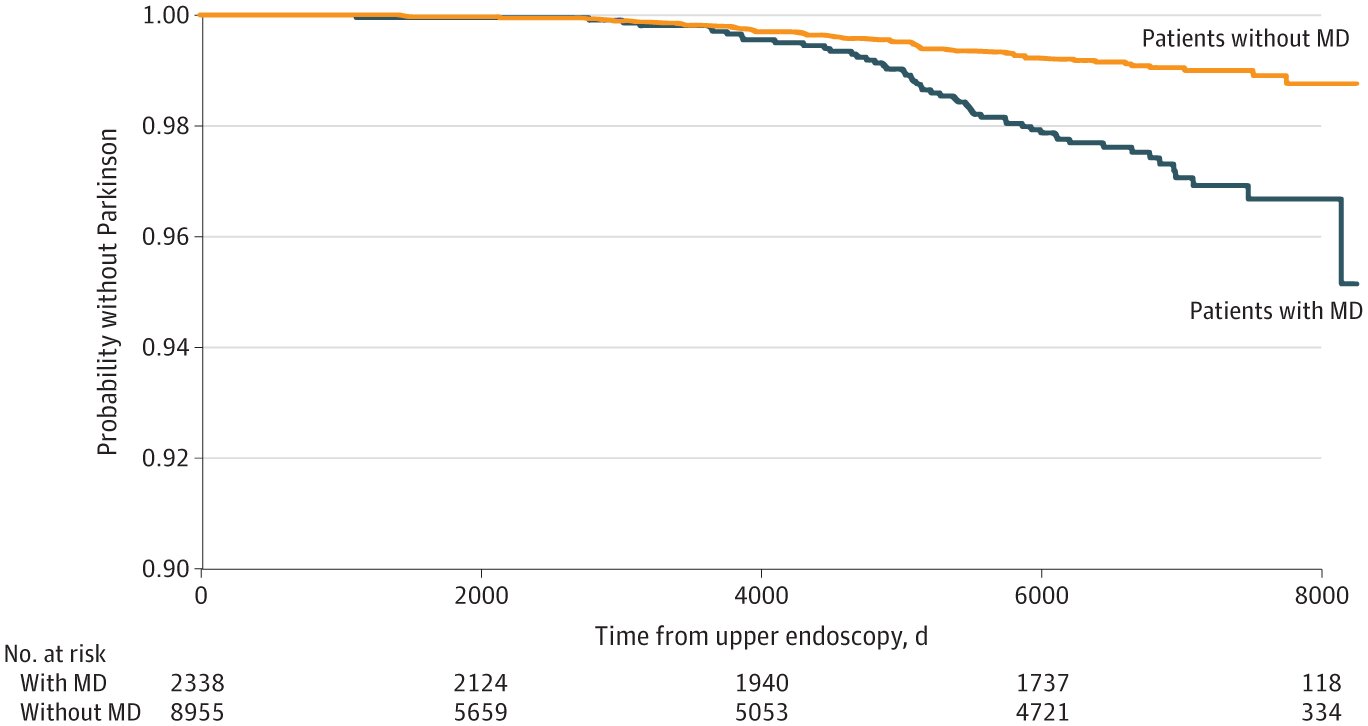Countries with greater inequalities — whether economic, pollution or disease-based — exhibited older brain ages, according to a study published in Nature Medicine, involving the University of Surrey.
The pace at which the brain ages can vary significantly among individuals, leading to a gap between the estimated biological age of the brain and the chronological age (the actual number of years a person has lived). This difference may be affected by several things, such as environmental factors like pollution and social factors like income or health inequalities, especially in older people and those with dementia. Until now, it was unclear how these combined factors could either accelerate or delay brain ageing across diverse geographical populations.
In the study, a team of international researchers developed ways to measure brain ageing using advanced brain clocks based on deep learning of brain networks. This study involved a diverse dataset of 5,306 participants from 15 countries, including Latin American and Caribbean (LAC) nations and non-LAC countries. By analysing data from functional magnetic resonance imaging (fMRI) and electroencephalography (EEG), the researchers quantified brain age gaps in healthy individuals and those with neurodegenerative conditions such as mild cognitive impairment (MCI), Alzheimer’s disease, and frontotemporal lobe degeneration (FTLD).
Dr Daniel Abasolo, co-author of the study and Head of the Centre for Biomedical Engineering at the University of Surrey, said:
“Our research shows that in countries where inequality is higher, people’s brains tend to age faster, especially in areas of the brain most affected by ageing. We found that factors like socioeconomic inequality, air pollution, and the impact of diseases play a big role in this faster ageing process, particularly in poorer countries.”
Participants with a diagnosis of dementia, particularly Alzheimer’s disease, exhibited the most critical brain age gaps. The research also highlighted sex differences in brain ageing, with women in LAC countries showing greater brain age gaps, particularly in those with Alzheimer’s disease. These differences were linked to biological sex and gender disparities in health and social conditions. Variations in signal quality, demographics, or acquisition methods did not explain the results. These findings underscore the role of environmental and social factors in brain health disparities.
The findings of this study have profound implications for neuroscience and brain health, particularly in understanding the interaction between macro factors (exposome) and the mechanisms that underlie brain ageing across diverse populations in healthy ageing and dementia. The study’s approach, which integrates multiple dimensions of diversity into brain health research, offers a new framework for personalized medicine. This framework could be crucial for identifying individuals at risk of neurodegenerative diseases and developing targeted interventions to mitigate these risks. Moreover, the study’s results highlight the importance of considering the biological embedding of environmental and social factors in public health policies. Policymakers can reduce brain age gaps and promote healthier ageing across populations by addressing issues such as socioeconomic inequality and environmental pollution.

